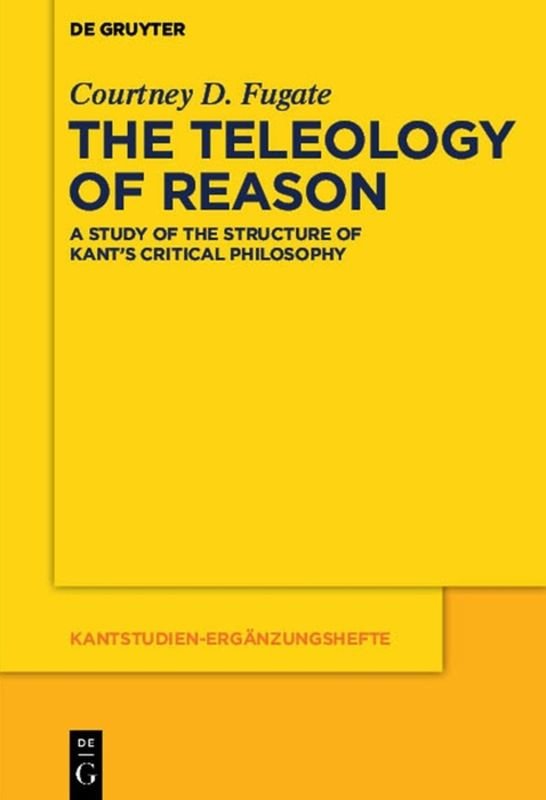This work argues that teleological motives lie at the heart of Kant's critical philosophy and that a precise analysis of teleological structures can both illuminate the basic strategy of its fundamental arguments and provide a key to understanding its unity. It thus aims, through an examination of each of Kant's major writings, to provide a detailed interpretation of his claim that philosophy in the true sense must consist of a teleologia rationis humanae.
The author argues that Kant's critical philosophy forged a new link between traditional teleological concepts and the basic structure of rationality, one that would later inform the dynamic conception of reason at the heart of German Idealism. The process by which this was accomplished began with Kant's development of a uniquely teleological conception of systematic unity already in the precritical period. The individual chapters of this work attempt to show how Kant adapted and refined this conception of systematic unity so that it came to form the structural basis for the critical philosophy.



